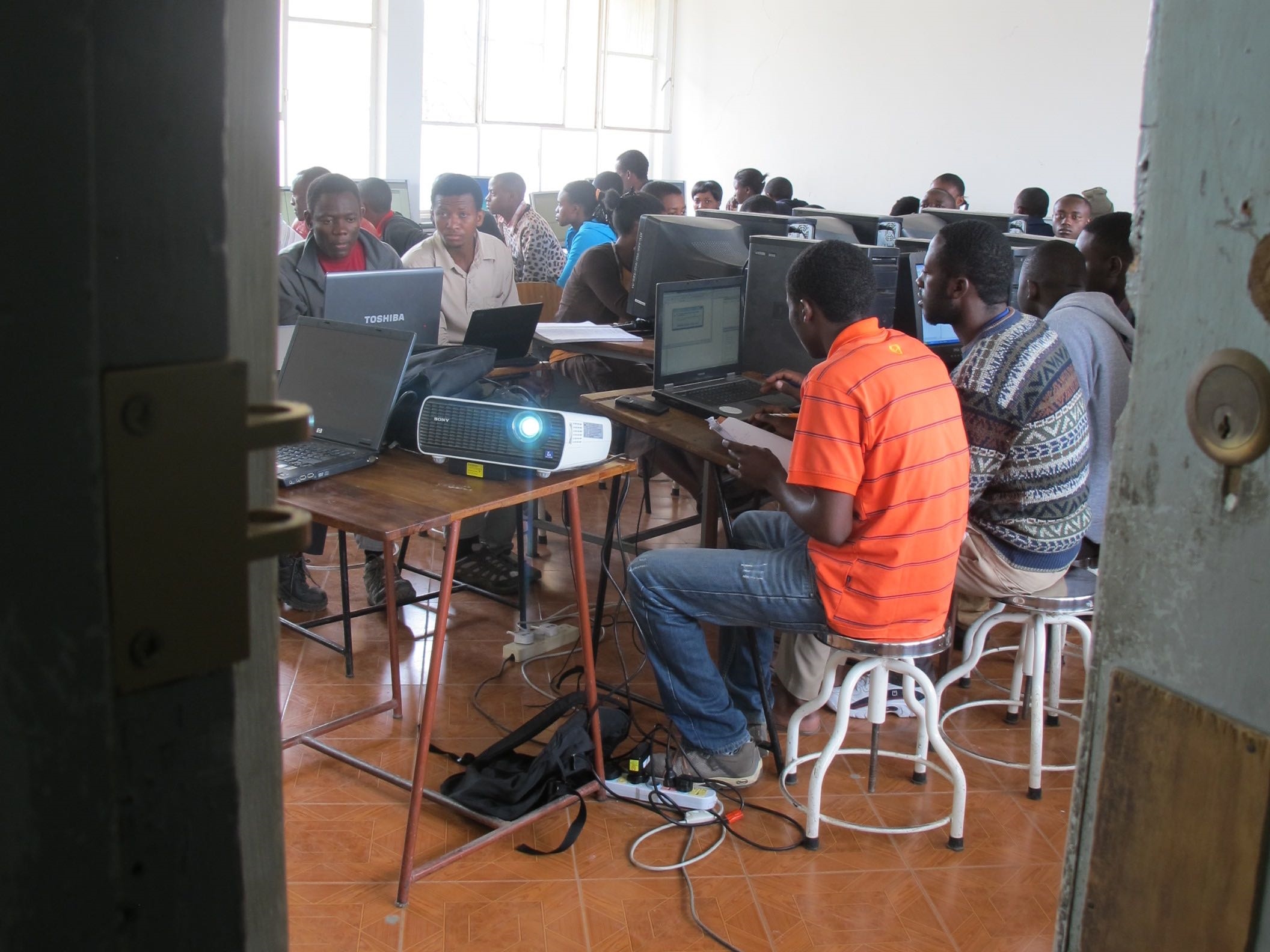Breaking the mold
The Same Polytechnic College will be a comprehensive vocational training institution of higher learning specializing in fields relevant and impactful to the people of rural East Africa. Through a student-centered, learn-by-doing approach, the College will emphasize and value exceptional teaching, hands-on learning, mentoring, and advisement; scholarship; career and personal advancement; continuing education; research, development, and innovation; and service to the community. With a diverse set of educational programs, research, development and outreach activities, publicly accessible facilities, and collaborative partnerships with other educational institutions, the Same Polytechnic College will provide not only quality educational advancement but also social, cultural, economic and civic advancement to underprivileged citizens on a local, national and regional level.
The college will help address East Africa’s development needs by improving access to quality higher education for students graduating from secondary school, as well as members of the greater population seeking to further their education and build their skills and expertise. The curriculum of The Same Polytechnic College will be based upon the needs of the community, business, and industry, as well as the desires and demands of the students. The college will offer a wide range of degree programs and selected continuing education programs designed to meet the needs of rural communities in East Africa and address the specific challenges they face. It will place special emphasis on addressing the region’s need for effective, skilled, and knowledgeable farmers, builders, teachers, and entrepreneurs.
Learning Outcomes
We have defined four general learning outcomes - communication, critical thinking, effective citizenship, and entrepreneurship - which will be embedded within all of The Same Polytechnic College’s educational programs. All programs will emphasize quality learning experiences that enable students to become independent thinkers and lifelong learners who can clearly and creatively express themselves and solve problems. Degree programs will encourage students to apply their knowledge in a variety of scholarly and community service contexts. Each will also provide the basic business acumen and management skills for students to transform their skills and expertise into income-generating activity, increasing their self-reliance in rural East Africa’s weak, volatile job market.
Learn by Doing in service to the community
The curriculum of the Same Polytechnic College's educational programs will be based on an approach of learn by doing which emphasizes hands-on learning experiences. Students will be required to apply the principles and information they receive in the classroom to real scenarios as part of their learning experience. At first, these scenarios will be hosted in on campus workshops, laboratories and other specialized facilities. But as these students will be learning practical skills that are in great demand in rural East Africa, and the College is situated in a rural district of Tanzania, the real life scenarios and challenges these students are preparing to face exist all around the campus. Therefore, these students can have an impact on people's lives even before they graduate.
As the students advance in their studies and gain competency, the hands-on learning experiences will move off campus and into the surrounding communities. Students studying agriculture won't just learn the principles and benefits of sustainable farming practices by cultivating fields on campus, but by also assisting local small-scale farmers to implement these practices on their own farms. Students in construction will gain valuable experience by building homes not in an outdoor lab but in local neighborhoods for families in need. Students training to become teachers will assist local elementary and high schools with instruction and lesson planning. Each of the seven schools in the Same Polytechnic College will incorporate projects and assignments that directly benefit local families, farmers, schools, businesses and other organizations while also providing the students will valuable experiences.
Innovation through collaboration
The Same Polytechnic College will also be a focal point for innovation in East Africa. Students will be involved with faculty in research and development of new methods, practices, and technologies related to their chosen profession. Utilizing our connections and partnerships, these activities will be done in collaboration with students and faculty at other universities as well as experienced professionals from socially conscious companies. Bringing different ideas and perspectives together will foster creative problem solving and generate new, more effective solutions to the challenges East Africa faces. And through these collaborative opportunities, graduates from the Same Polytechnic College will be prepared to engage in lifelong learning and experimentation, fostering further local innovation in the region.
National and regional role
The Same Polytechnic College will:
- Provide students with a remarkable education, preparing them to enter their chosen profession and make immediate contributions to society.
- Serve as a resource for rural East African communities, providing students and faculty who can apply their expertise, energy, and enthusiasm to practical problems in order to produce civic, social, and cultural benefits.
- Supply the local public and private sector with a diverse pool of skilled and knowledgeable professionals.
- Provide East African nations with the professional infrastructure for stable economic development and support for essential social services such as education.
- Give faculty a unique opportunity to create an academic environment nationally and regionally recognized for its instructional quality and innovation.
- Provide staff opportunities for professional growth and development, recognizing their crucial role in creating an outstanding student and business service environment.
- Continue to reinvent itself in response to the changing needs of the citizens of rural East Africa.
- Come to be recognized as one of East Africa’s – and potentially Sub-Saharan Africa’s – best vocational institutions of higher education.



